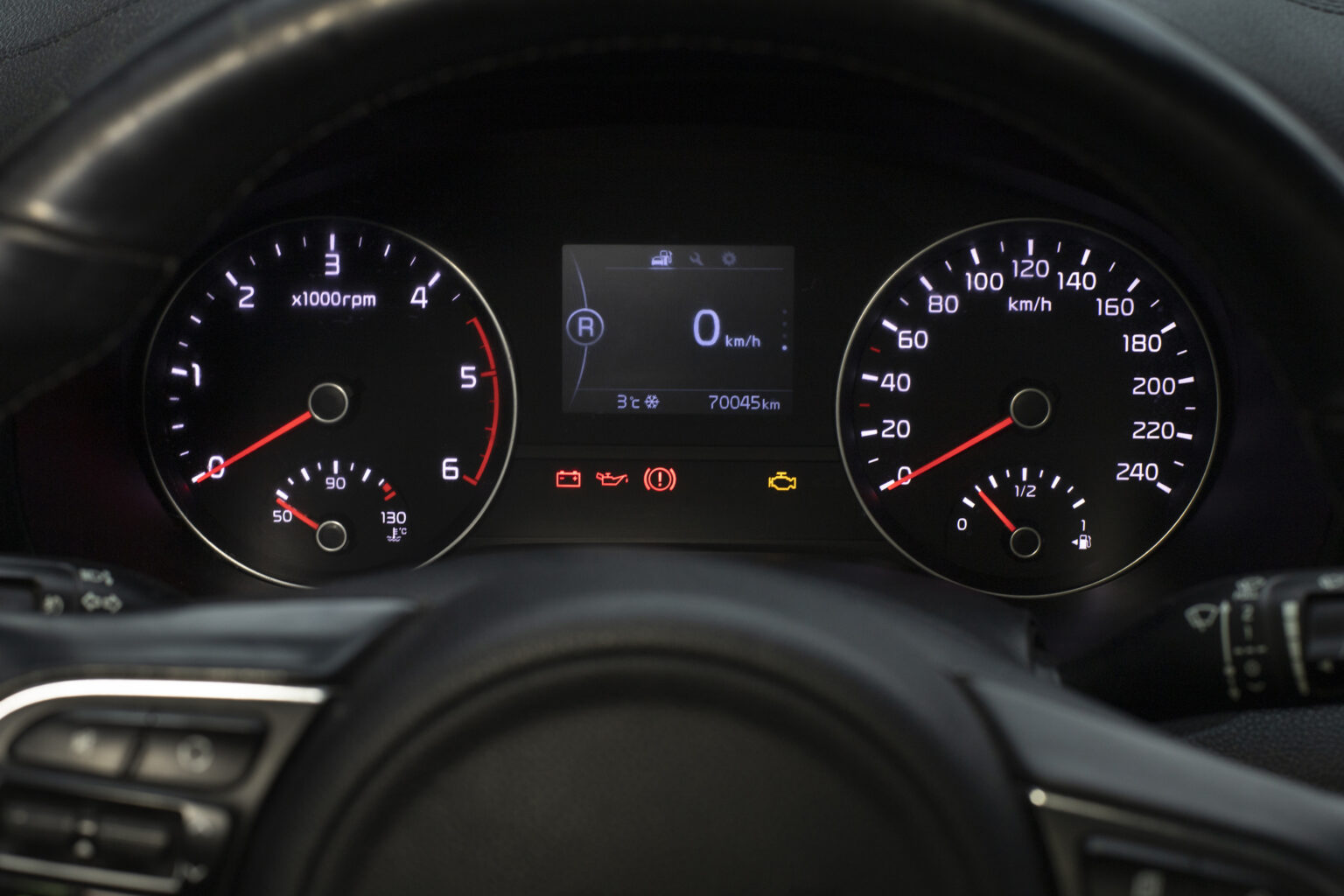The oil filter in your car plays a crucial role in maintaining engine health by trapping contaminants and preventing them from circulating through the engine. Over time, the oil filter can become clogged with debris, reducing its effectiveness and potentially leading to engine damage. Recognizing the early signs of a clogged oil filter can help you address the issue before it becomes a major problem. Here are the key indicators that your car’s oil filter might be clogged:
1. Decreased Engine Performance:
A clogged oil filter can restrict the flow of oil to the engine, leading to decreased performance. You might notice a loss of power, slower acceleration, and reduced fuel efficiency. The engine may feel less responsive overall.
2. Engine Overheating:
Oil helps to lubricate and cool the engine. When the oil filter is clogged, it can prevent the proper flow of oil, causing the engine to overheat. If you notice the temperature gauge rising higher than normal or see warning lights related to the engine temperature, a clogged oil filter could be the cause.
3. Low Oil Pressure:
A clogged oil filter can cause a drop in oil pressure as the oil struggles to circulate through the engine. Many modern vehicles have an oil pressure gauge or warning light that will alert you to this issue. Low oil pressure can lead to serious engine damage if not addressed promptly.
4. Unusual Engine Noises:
Without proper lubrication, the engine’s moving parts can start to make unusual noises. You might hear knocking, ticking, or metallic sounds coming from the engine. These noises are often a sign that the engine components are not receiving enough oil due to a clogged filter.
5. Sputtering or Stalling:
A clogged oil filter can lead to inconsistent oil flow, causing the engine to sputter or even stall. This can be particularly noticeable when the engine is idling or under load, such as during acceleration.
6. Poor Oil Quality:
If you check your engine oil and notice that it appears dirty or gritty, this could be a sign that the oil filter is no longer effectively removing contaminants. Regularly checking the condition of your engine oil can help you catch this issue early.
7. Increased Exhaust Emissions:
A clogged oil filter can affect the combustion process, leading to incomplete combustion and higher emissions. You might notice darker exhaust smoke or a strong smell of burning oil.
8. Warning Lights:
Many modern vehicles are equipped with sensors that can detect issues related to oil pressure and quality. If your dashboard lights up with warnings related to oil pressure or the engine, it’s important to investigate further, as a clogged oil filter could be the cause.
9. Oil Leaks:
In some cases, a clogged oil filter can cause oil to leak from the filter housing or other parts of the engine. If you notice oil spots under your car or see oil seeping from the engine, a clogged filter might be to blame.
10. Longer Oil Change Intervals:
If you’ve gone longer than recommended between oil changes, your oil filter is more likely to become clogged. Regular oil and filter changes are essential for maintaining engine health and preventing issues related to clogged filters.
Preventive Measures and Solutions:
- Regular Maintenance: Follow the manufacturer’s recommendations for oil and filter changes. Regular maintenance is the best way to prevent oil filter clogs and ensure your engine runs smoothly.
- Quality Oil and Filters: Use high-quality engine oil and filters that meet or exceed your vehicle’s specifications. Cheap or inferior products can lead to quicker degradation and clogging.
- Monitor Oil Levels: Regularly check your engine oil level and condition. This can help you catch potential issues early and maintain optimal engine performance.
- Address Warning Signs Promptly: If you notice any of the signs mentioned above, don’t ignore them. Have your vehicle inspected by a professional mechanic to diagnose and address the issue before it leads to more significant damage.
A clogged oil filter can lead to a range of engine problems, from decreased performance to severe engine damage. By recognizing the early signs of a clogged oil filter and taking proactive measures, you can ensure your engine remains in good condition. Regular maintenance, including timely oil and filter changes, is crucial for the longevity and performance of your vehicle. If you experience any symptoms of a clogged oil filter, it’s important to address them promptly to avoid costly repairs and keep your car running smoothly.











